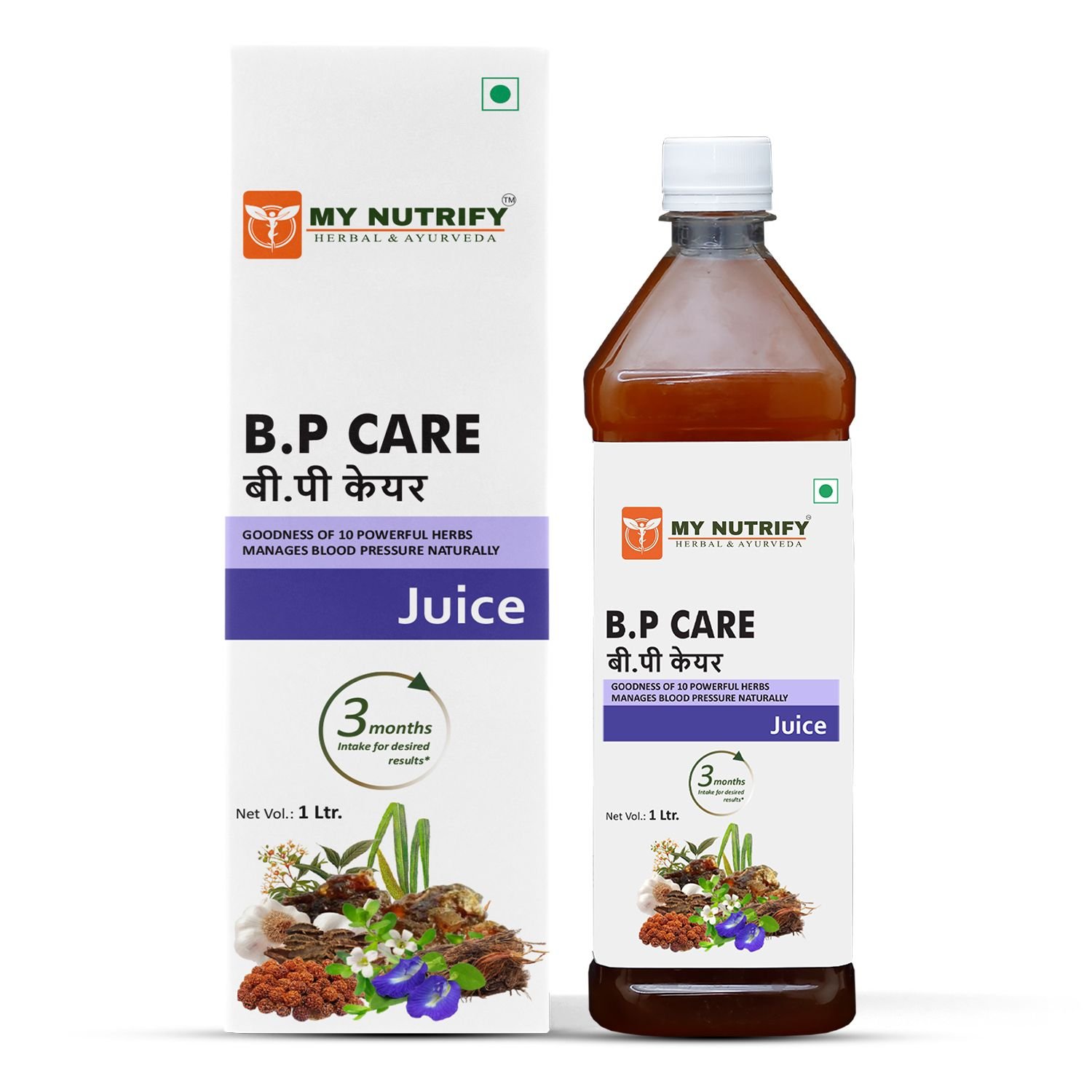10 Ayurvedic Herbs to Naturally Reduce Cholesterol Levels
In today's fast-moving world, maintaining a healthy lifestyle has become more important than ever. One of the most common health concerns linked to a sedentary lifestyle and poor dietary habits is high cholesterol.
Increased cholesterol levels can raise the risk of heart disease and other cardiovascular issues.
Many individuals turn to natural remedies to manage cholesterol, either as an alternative or alongside conventional medications. Among these, Ayurvedic herbs have gained significant popularity due to their ability to naturally regulate cholesterol levels and promote heart health.
Ayurveda, the ancient Indian medical system, is rich in herbal solutions for various health concerns, including high cholesterol. For centuries, these herbs have been used to maintain overall well-being and support cardiovascular
health. Below are ten powerful Ayurvedic herbs known for their cholesterol-lowering properties.
Guggul
One of the most well-known Ayurvedic remedies for managing cholesterol is Guggul. It contains guggulsterones, compounds that help reduce LDL (bad cholesterol) while increasing HDL (good cholesterol), making it a great choice for heart health.
Turmeric (Curcuma longa)
Turmeric has long been valued in Ayurveda for its anti-inflammatory and cholesterol-lowering benefits. The active component, curcumin, helps prevent cholesterol oxidation, reducing the risk of plaque buildup in the arteries and supporting cardiovascular health.
Arjuna (Terminalia arjuna)
A well-known Ayurvedic herb for heart support, Arjuna is believed to strengthen heart muscles and reduce LDL cholesterol and triglycerides.Research suggests that it plays a role in promoting overall cardiovascular health
Tulsi (Holy Basil)
Also known as Ocimum sanctum, Tulsi is a sacred herb in Ayurveda. It is recognized for its cholesterol-lowering effects and its ability to improve lipid metabolism, making it beneficial for heart health.
Fenugreek (Trigonella foenum-graecum)
Fenugreek seeds contain soluble fiber, which helps prevent cholesterol absorption in the digestive system. Additionally, fenugreek has been found to support blood sugar regulation and enhance insulin sensitivity.
Cinnamon (Dalchini)
More than just a flavorful spice, Cinnamon is known for its ability to increase HDL cholesterol while lowering LDL cholesterol and triglycerides. It also contains powerful antioxidants that support overall heart health.
Licorice (Glycyrrhiza glabra)
Widely used in Ayurveda for cardiovascular benefits, Licorice helps reduce LDL cholesterol and triglycerides while raising HDL cholesterol. It also has anti-inflammatory properties that further promote heart wellness.
Ashwagandha (Withania somnifera)
Ashwagandha is an adaptogenic herb known for its ability to help the body cope with stress—a major contributor to high cholesterol levels. By reducing stress, Ashwagandha indirectly aids in cholesterol management and supports overall heart health.
Garlic (Allium sativum)
Garlic helps reduce total cholesterol, lower blood pressure, and prevent plaque buildup in the arteries. It supports better blood circulation and overall heart health.
Shatavari (Asparagus racemosus)
Shatavari is a rejuvenating herb that aids in balancing cholesterol levels and supporting heart function. It also helps reduce oxidative stress, promoting cardiovascular well-being.
Conclusion
Adding these Ayurvedic herbs to your routine can naturally help lower cholesterol and support heart health. For optimal benefits, combine them with a balanced diet rich in fruits, vegetables, whole grains, and lean proteins, along with regular exercise.
Ayurveda provides a holistic and natural way to manage cholesterol while promoting overall well-being. By embracing the healing power of nature, you can take proactive steps toward a healthier heart and a better quality of life.















